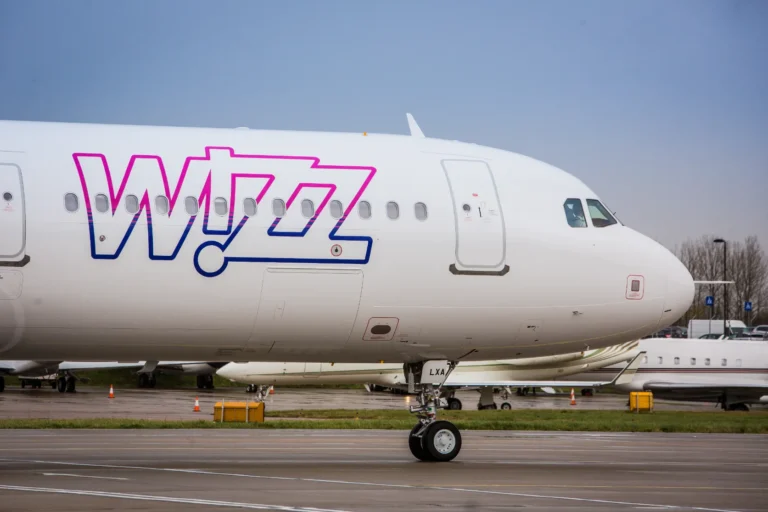Austria
Famous painting smuggled out of Hungary, gets stopped in Austria

100,000s of foreigners live in Hungary, while 10,000s of Hungarians leave: what does this mean for the labour market?

New luxury hotel to open in Budapest: Austrian brand enters the Hungarian market

Ryanair CEO’s crash with Austria could lead to new Budapest routes

Hungarian government revealed how they would expel Austrian company from Hungary

Horror accident: Two Hungarians killed in fiery crash on Austrian motorway caused by drunk driver — video, UPDATE

Hungarian teen dies in Austria: rescue helicopter unable to land

Amazing victory! Ferencváros turns game around in Salzburg

Austrian hospitality? Hungarian football fans stopped at border without explanation

Austrian man caught in Hungary with bags of cannabis after failing to pay for fuel – photos

Deadly assault: Hungarian man beats another man at Vienna railway station

While Hungary battles with Ukraine, Austria does so with Russia: diplomats expelled

Self-replicating crayfish threaten the ecosystem of a historic Austro-Hungarian lake

Wizz Air closes one base, opens another: Where is the Hungarian airline heading?

Espionage scandal in Austria: OMV executive dismissed for alleged spying for Russia

From perfumes to fashion: why Budapest isn’t on the shopping tourism map

Major delays expected on the busiest Hungarian motorway to Austria as expansion works begin

Three Austrian nuns flee care home to return to childhood convent





 ZH
ZH IT
IT DE
DE HR
HR NL
NL FR
FR JA
JA RO
RO RU
RU ES
ES TR
TR
